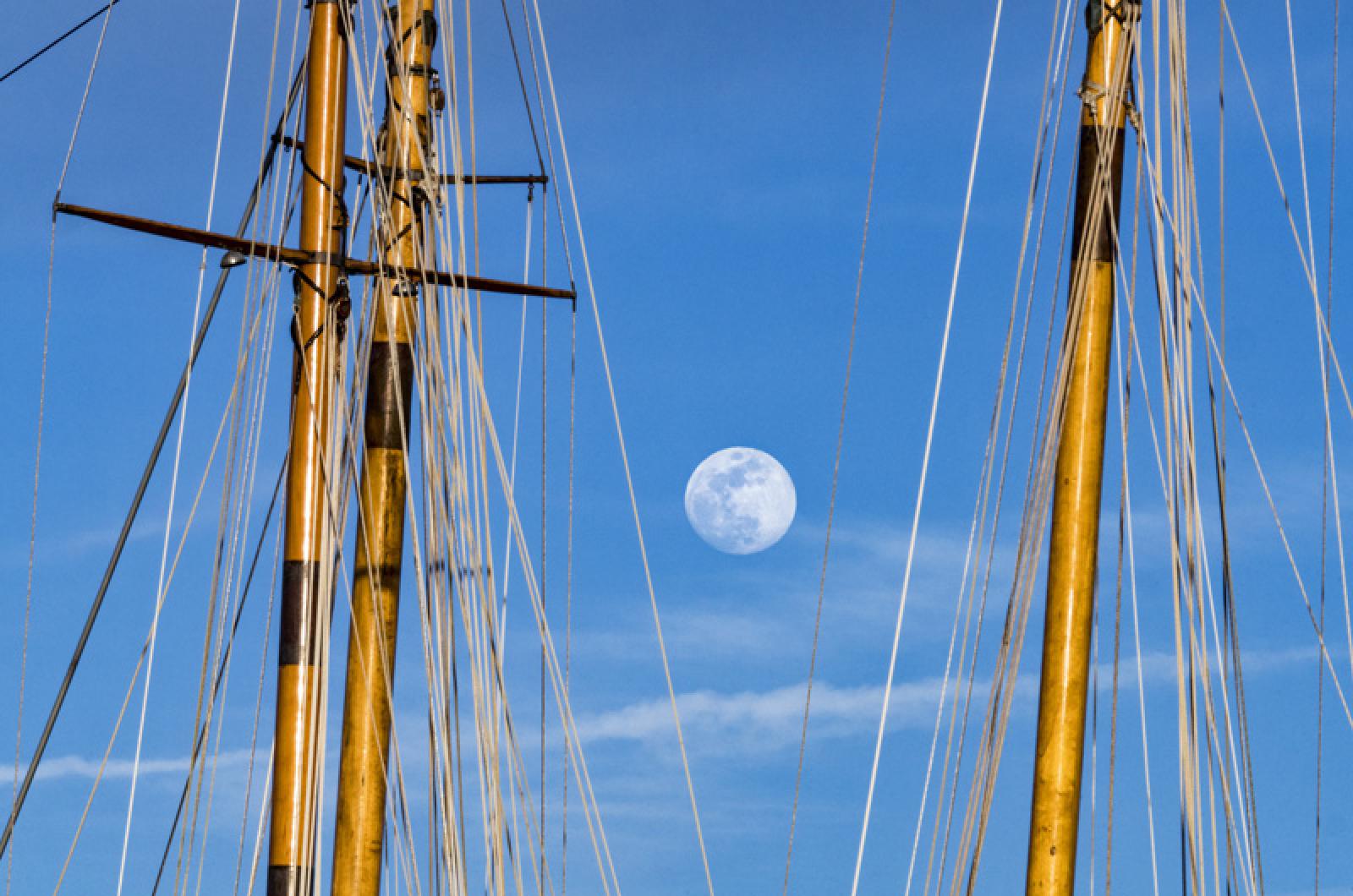Meteor showers offer a pleasant change for those who like to look at the stars and planets at night. All of a sudden you note a shooting star speeding across the sky. A few minutes later and there is another. Sometimes they are more frequent and more often there is a wait between each appearance.
Saturday morning, well before dawn starts creeping into the dark night sky, there is the Lyrid meteor shower. This is a popular but not so dramatic shower. The meteors appear to come out of the constellation Lyra, hence its name.
Under the most ideal conditions you might see as many as 20 meteors crossing the sky in a span of an hour. You can see a Lyrid meteor anytime tonight. The show improves from 11 p.m. onward. Watching a meteor shower offers opportunities for surprise. Sometimes you’ll count more meteors and sometimes less.
Meteor shower watching is a lot like recreational fishing. Luck is a big part of catching a glimpse of a “falling star.”
| Day | Sunrise | Sunset |
|---|---|---|
| Fri., April 21 | 5:53 | 7:28 |
| Sat., April 22 | 5:51 | 7:29 |
| Sun., April 23 | 5:50 | 7:30 |
| Mon., April 24 | 5:48 | 7:31 |
| Tues., April 25 | 5:47 | 7:32 |
| Wed., April 26 | 5:45 | 7:33 |
| Thurs., April 27 | 5:44 | 7:34 |
| Fri., April 28 | 5:42 | 7:36 |
| Day | Max (Fº) | Min (Fº) | Inches |
|---|---|---|---|
| Apr. 14 | 58 | 33 | 0.00 |
| Apr. 15 | 60 | 39 | 0.00 |
| Apr. 16 | 62 | 39 | 0.01 |
| Apr. 17 | 71 | 48 | 0.00 |
| Apr. 18 | 77 | 44 | 0.00 |
| Apr. 19 | 55 | 39 | 0.00 |
| Apr. 20 | 50 | 42 | 0.14 |




Comments
Comment policy »